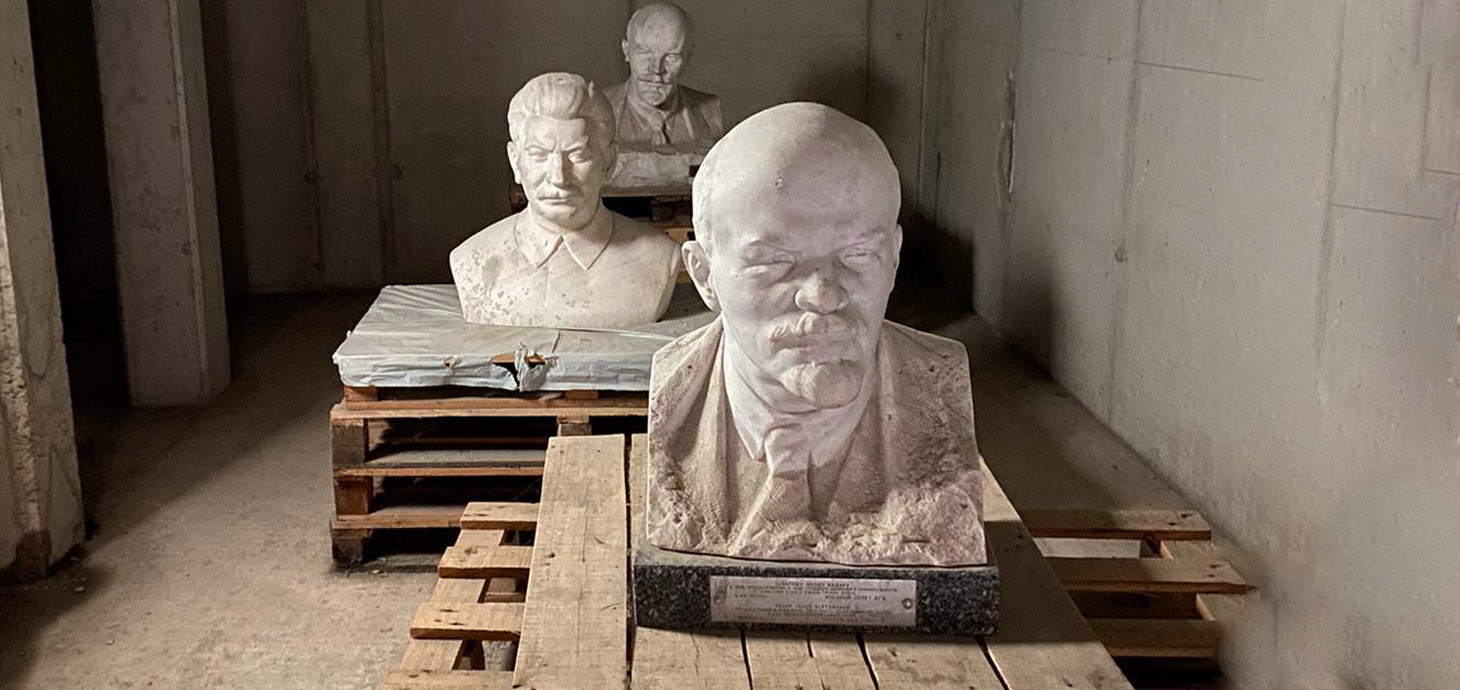
In June 2020, protesters toppled the statue of the slave trader Edward Colston from its plinth in Bristol and debates about controversial statues became front-page news in Wales and around the world. Twelve months on, those issues are the focus of a major international conference organised by academics at Swansea University.
On 28 and 29 June, Swansea University will host researchers from around the world in a conference entitled ‘Contested Histories: Creating and Critiquing Public Monuments and Memorials in a New Age of Iconoclasm’. The conference aims not only to discuss the history of statues and memorials, but also to pose questions about what the events of 2020 might tell us about the future. What purpose do statues and memorials hold in modern society and what do they reveal, or conceal, about our past?
The conference will host 180 delegates from more than 20 nations including Australia, China, Chile, America, Japan, and several European countries.
The conference will feature more than 40 talks by international academics on subjects including:
- The representation of women in statues.
- The US Civil War and the legacy of slavery.
- What might the future of statues look like?
- War memorials in Wales, Croatia, Belgium and Italy.
- Statue case studies from Turkey, Israel, the US, India, Italy, Sweden, Cyprus, and others.
- Instances of statue toppling in the distant past.
Academic speakers represent a range of expertise, including history, architecture, art history, heritage, philosophy, sociology, political science and anthropology.
Dr Simon John, Senior Lecturer in Medieval History at Swansea University and conference co-organiser, said: “A key aim of this conference is to explore how societies at different times in the past and in different settings around the world have approached the creation, alteration and destruction of monuments. The discussions that we will have will show how important historical perspective can be to the live, pressing debates about controversial monuments unfolding across the world today."
The conference is not just a conversation between academics. A key role will be played by people actively involved in campaigns of different types. Delegates will hear from campaigners trying to bring public awareness to controversial statues. Speakers will also discuss their efforts to erect new statues to historically neglected figures. Attendees will also hear from artists who have the challenging task of giving artistic representation to complex histories.
Dr Tomás Irish, Senior Lecturer in Modern History at Swansea University and co-organiser of the conference, said: “This conference demonstrates that Swansea University, and the members of the Conflict, Reconstruction and Memory Research Group, are at the centre of cutting-edge research into some of the most urgent contemporary issues in Wales and the wider world. We are excited about hosting this important event and hearing from a wide range of international experts as well as highlighting our dynamic research in this area.”
